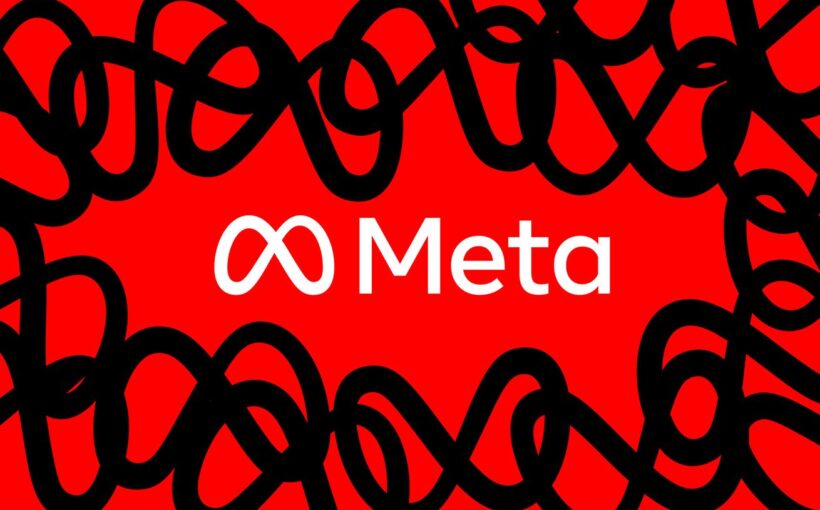
Meta and TikTok are challenging fees they must pay EU regulators tasked with enforcing tough new content moderation rules required by the Digital Services Act (DSA), both companies have confirmed to The Verge. Although the fee is capped at 0.05 percent of a company’s profits, Meta isn’t happy that loss-making companies won’t have to pay while it’s on the hook for a reported €11 million, while TikTok is also taking issue with how its user numbers have been calculated to work out its reported €3.9 million fee.
“We disagree with the methodology used to calculate these fees,” Meta’s EMEA policy comms spokesperson Ben Walters tells The Verge. “Currently, companies that record a loss don’t have to pay, even if they have a large user base or represent a greater regulatory burden, which means some companies pay nothing, leaving others to pay a disproportionate amount of the total.” The challenge was first reported by Politico.
“We disagree with the fee and are appealing on a number of grounds, including the use of flawed third party estimates of our monthly active user numbers as a basis for calculating the total amount,” TikTok’s director of corporate and policy communications Morgan Evans tells The Verge.
Under the DSA, the 20 companies identified as very large online platforms (VLOPs) are expected to fund the bloc’s enforcement of the new moderation rules. Meta and TikTok have been labeled as VLOPs because they have at least 45 million monthly active users in the EU. The DSA divvies up enforcement costs so that companies with the most users pay more, unless they were unprofitable.
Meta and Google’s parent company Alphabet are believed to be on the hook to pay around three quarters of the €45.2 million (around $48.7 million) annual enforcement bill. That works out to €11 million (around $11.9 million) for Meta and €22.1 million (around $23.8 million) for Alphabet, according to a Bloomberg report last year, while TikTok’s fee was reportedly the third highest at €3.9 million (around $4.2 million). But because the fee is capped at 0.05 percent of a company’s annual global profits in 2022, companies like Amazon and X were likely to pay nothing despite consuming EU resources required to monitor and enforce DSA compliance.
X, for example, is under official investigation by the European Commission over concerns that the company previously known as Twitter may have broken the DSA’s rules by failing to prevent “the dissemination of illegal content in the context of Hamas’ terrorist attacks against Israel.”
Responding to Meta’s legal challenge, a European Commission spokesperson told Barrons that companies have a right to appeal, but insisted that its “decision and methodology are solid,” and said it will defend its position in court. Amazon and Zalando have also challenged the DSA, but over their designations as VLOPs, rather than the specific fees. The EU spokesperson confirmed to Barrons that all companies paid their fees by the December 31st deadline.
The DSA came into force last year, and companies need to be compliant with it by February 17th. Companies that fail to comply could face fines of up to 6 percent of their annual revenue, or even be banned in the EU.



